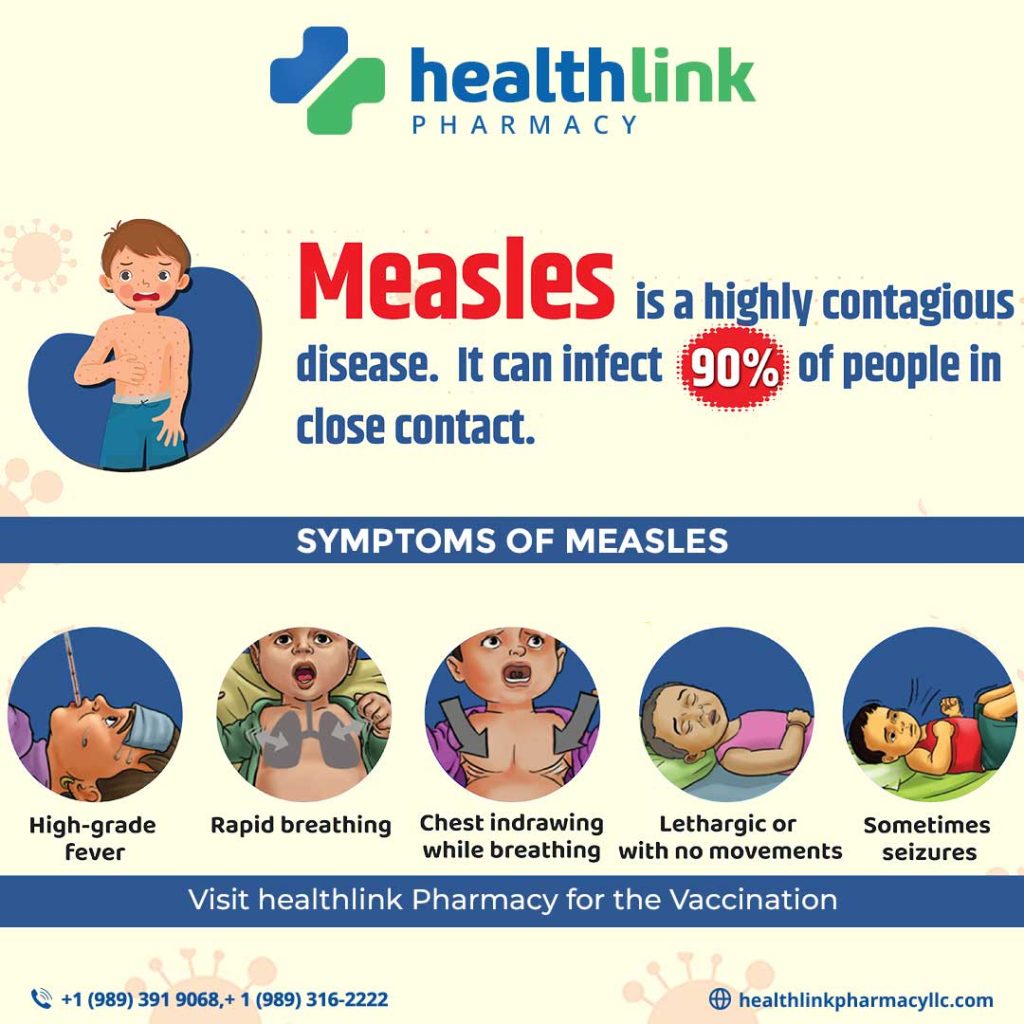Climate change is not just an environmental issue—it’s a public health crisis. As global temperatures rise, the health consequences are becoming increasingly evident. From heat-related illnesses to respiratory diseases, the effects of climate change are already impacting millions worldwide.

How Climate Change Affects Human Health
Climate change influences human health in multiple ways, including:
- Increased exposure to extreme heat
- Poor air quality leading to respiratory issues
- Spread of infectious diseases through changing ecosystems
- More frequent and intense natural disasters
- Food and water shortages affecting nutrition
Now, let’s dive deeper into each of these effects.
Rising Temperatures and Heat-Related Illnesses
As global temperatures rise, heatwaves are becoming more frequent and severe. This leads to:
- Heatstroke: A life-threatening condition where the body overheats.
- Dehydration: Excessive heat leads to increased sweating, causing fluid loss.
- Cardiovascular Strain: High temperatures put extra stress on the heart and can trigger heart attacks.
People at the highest risk include the elderly, young children, and individuals with preexisting health conditions.
Air Pollution and Respiratory Diseases
Climate change contributes to air pollution, worsening conditions like:
- Asthma: Higher levels of airborne pollutants trigger asthma attacks.
- Chronic Bronchitis: Polluted air damages lung tissue over time.
- Lung Cancer: Prolonged exposure to pollutants like PM2.5 increases cancer risks.
Infectious Diseases and Vector-Borne Illnesses
Warmer temperatures create ideal conditions for disease-carrying insects like mosquitoes and ticks. This results in an increase in:
- Malaria and Dengue Fever
- Zika Virus
- Lyme Disease
Extreme Weather Events and Injuries
Climate change fuels more severe storms, floods, and wildfires, leading to:
- Physical Injuries: From hurricanes, tornadoes, and flooding.
- Disruptions to Healthcare Services: Hospitals become overwhelmed during disasters.
Food and Water Insecurity
Rising temperatures and changing precipitation patterns impact food production and water supply, leading to:
- Malnutrition: Crop failures result in food shortages.
- Foodborne Illnesses: Warmer conditions allow harmful bacteria to thrive.
Mental Health and Climate Anxiety
Climate change affects mental health by:
- Increasing Anxiety and Depression: Fear of an uncertain future leads to stress and anxiety.
- PTSD: Survivors of natural disasters often experience long-term trauma.
Impact on Vulnerable Populations
Certain groups face heightened risks, including:
- Children: More susceptible to heat-related illnesses and respiratory problems.
- Elderly Individuals: Higher risk of heatstroke and heart-related issues.
- Low-Income Communities: Often lack resources to escape climate hazards.
Climate Change and Cardiovascular Health
High temperatures and air pollution contribute to:
- Increased blood pressure
- Higher risk of heart attacks and strokes
Allergies and Increased Pollen Levels
Climate change extends pollen seasons, worsening allergies and asthma.
Rising Sea Levels and Displacement
Flooding forces people to relocate, increasing risks of disease, malnutrition, and mental health challenges.
Climate Change and Pregnancy Complications
Pregnant women are at higher risk of:
- Preterm Births
- Birth Defects
- Gestational Hypertension
Effects on Occupational Health
Outdoor workers suffer from extreme heat, leading to:
- Heat exhaustion
- Dehydration
Antibiotic Resistance and Climate Change
Warmer temperatures contribute to the spread of antibiotic-resistant bacteria, making infections harder to treat.
Climate Change and Neurological Disorders
Air pollution and heat stress are linked to higher risks of diseases like Alzheimer’s and Parkinson’s.
The Role of Governments and Policies in Climate-Related Health Risks
Governments must:
- Reduce greenhouse gas emissions
- Improve public health infrastructure
- Invest in climate adaptation programs
Adapting to Climate Change: What Can We Do?
To protect our health, we can:
- Reduce carbon emissions by using renewable energy
- Stay informed about climate risks
- Advocate for policies that promote environmental protection
Future Predictions: How Will Climate Change Affect Health in 2050?
If global temperatures continue to rise, experts predict:
- More severe heatwaves
- Increased spread of infectious diseases
- More frequent natural disasters
FAQs
How does climate change affect air quality?
Climate change increases air pollution levels, worsening respiratory diseases like asthma and COPD.
What populations are most vulnerable to climate change?
Children, the elderly, and low-income communities face the highest health risks.
Can climate change affect mental health?
Yes, climate anxiety and PTSD from natural disasters are becoming more common.
How does climate change impact food security?
Rising temperatures disrupt agriculture, leading to food shortages and malnutrition.
What diseases are spreading due to climate change?
Malaria, dengue, and Lyme disease are increasing as warm climates expand.
What can individuals do to protect their health from climate change?
Reduce carbon footprints, stay informed, and support climate policies.
Conclusion
Climate change is a pressing health crisis. Addressing it requires a global effort to reduce emissions and adapt to changing conditions. By taking action now, we can protect future generations from its devastating health impacts.

